Posted on 12/20/2024
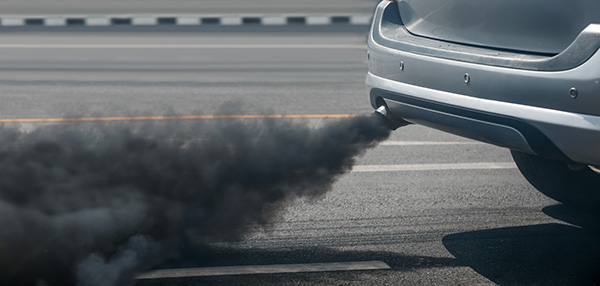
Your car’s exhaust system isn’t just keeping things quiet. It plays a crucial role in reducing harmful emissions and maintaining engine efficiency. When your exhaust isn’t functioning properly, it can lead to performance issues, safety concerns, and even legal trouble if emissions exceed acceptable levels. But how can you tell if your exhaust system needs attention? What Does the Exhaust System Do Your car’s exhaust system safely directs harmful gasses away from the engine and cabin while minimizing noise and pollution. It consists of several components, including the exhaust manifold, catalytic converter, muffler, and tailpipe, all working together to ensure your car runs efficiently and stays eco-friendly. If any part of this system fails, you might notice a drop in engine performance, odd smells, or even loud noises from your car. Addressing these issues early can save you from expensive repairs and keep your vehicle running reliably ... read more
Posted on 11/29/2024
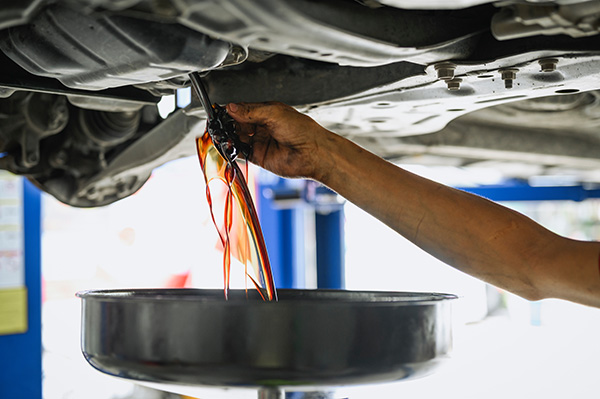
Changing your car’s oil might seem like a simple maintenance task, but it’s one of the most important things you can do to keep your engine healthy. The motor oil lubricates its moving parts, reduces friction, and keeps everything cool. But here’s the often-asked question: How often should you change your car's oil? The Traditional 3,000-Mile Rule: Is It Still Relevant You’ve probably heard the old rule of thumb: change your car’s oil every 3,000 miles. While this advice was solid decades ago, modern engines and advances in oil technology have changed the game. Today, many manufacturers recommend changing the oil every 5,000 to 7,500 miles, and some even stretch it to 10,000 miles, depending on the type of oil and the vehicle. So, what’s the takeaway here? If your car’s manual suggests a longer interval, you’re likely safe to follow it. However, this doesn’t mean you can skip regular checks. If you’re u ... read more
Posted on 10/31/2024
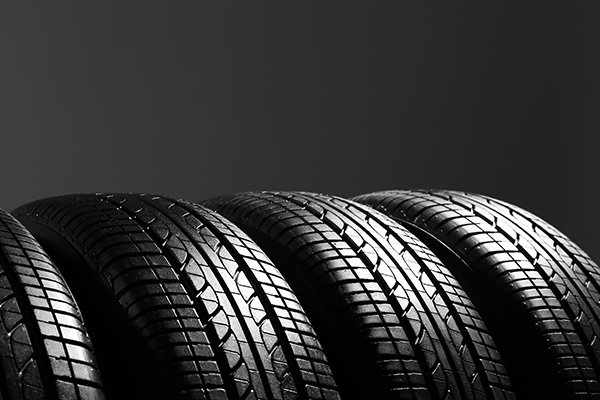
When it comes to vehicle maintenance, tires play a crucial role in the safety, performance, and efficiency of your car. They’re the only part of your vehicle that touches the road, which means they’re responsible for a lot: handling, braking, fuel economy, and even comfort. If your tires are starting to wear out, you might wonder whether replacing all four tires at once is necessary or if you can get away with just replacing one or two. Maintaining Even Wear and Tear One of the most significant advantages of replacing your tires in sets is ensuring even wear across all four tires. Tires wear down at different rates based on factors like driving habits, road conditions, and wheel alignment. When you only replace one or two tires, the new ones will have deeper tread compared to the older ones. This creates an imbalance in grip, particularly dur ... read more
Posted on 9/27/2024
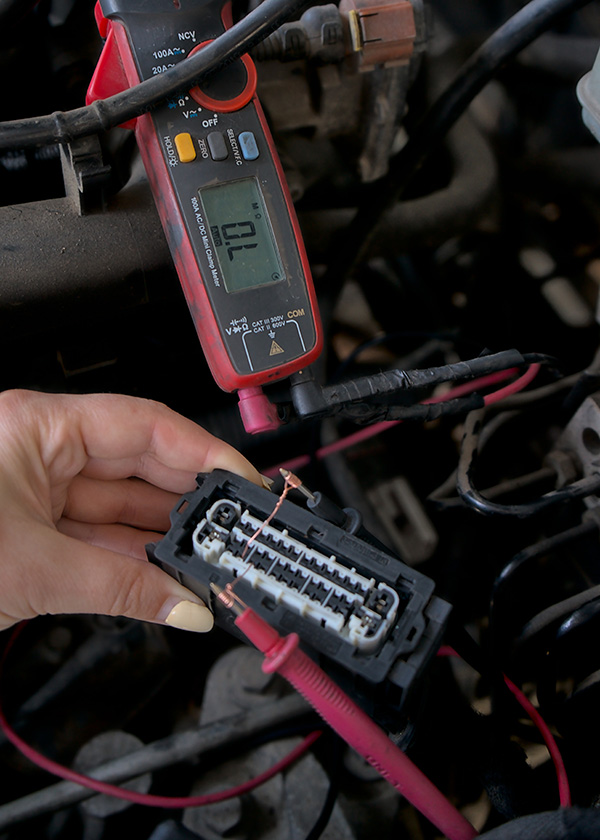
Your car’s electrical system is a complex network of wires, relays, and fuses that work together to ensure your vehicle functions as it should. But when something goes wrong, it can cause a range of issues, from a simple inconvenience to a serious safety hazard. Many drivers overlook electrical problems, but being proactive can save you time and money in the long run. 1. Dead or Dying Battery The battery is the heart of your car’s electrical system, providing the necessary power to start the engine and keep accessories running. One of the most common electrical problems is a dead or weak battery, often due to age, leaving lights on, or extreme temperatures. How to fix it: Start by checking the battery terminals for corrosion. If you spot white or greenish deposits, clean them with a brush and a mixture of baking soda and water. If your car still won't start, you may need a jumpstart. If the battery continues to die frequently, it&rsq ... read more
Posted on 8/30/2024
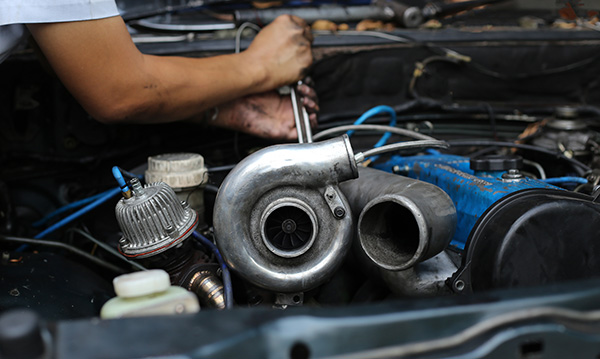
Turbochargers have revolutionized the way we experience driving, providing impressive power and efficiency. However, like all mechanical components, they are not immune to wear and tear. Identifying the early signs of turbocharger failure can save you from major repairs and ensure your vehicle performs optimally. But how do you know when your turbocharger is on its last legs? Here are five common signs to watch out for. 1. Noticeable Power Loss One of the most apparent signs of a failing turbocharger is a noticeable drop in power. If your car isn't accelerating as it used to, or it feels sluggish, your turbo might not be delivering the required boost. This power loss happens because the turbocharger is no longer able to compress enough air into the engine. This issue is particularly noticeable when driving uphill or trying to overtake another vehicle ... read more
Posted on 7/26/2024
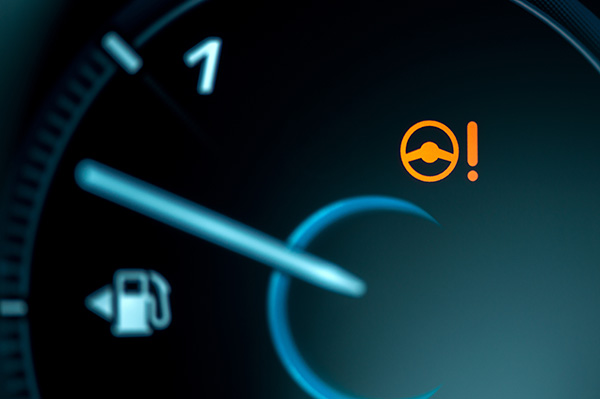
When it comes to vehicle maintenance, certain components often receive more attention than others. We diligently change our oil, check our tires, and ensure our brakes are in good working order. But how often do we think about our steering system? Neglecting steering components can have serious safety implications. We will explain why maintaining your steering system is required for your safety and the overall performance of your vehicle. What Happens When Steering Components Are Neglected?Reduced Steering Response One of the first signs of neglected steering components is a reduction in steering response. If your car does not respond immediately or accurately to your steering inputs, it can be challenging to maintain control, especially at higher speeds or during emergency maneuvers. Worn or damaged components such as tie rods or a failing power steering pump c ... read more
Posted on 6/28/2024
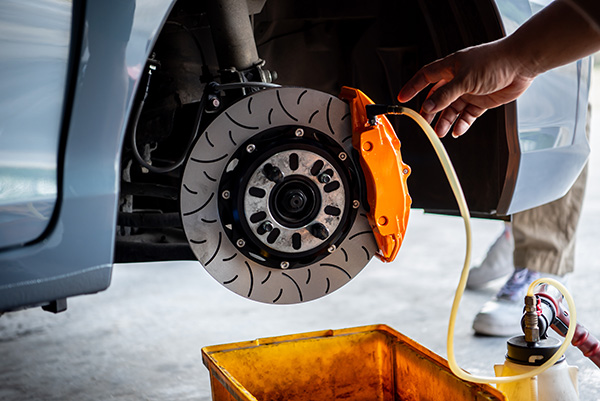
When it comes to your vehicle's safety, brakes are the most crucial component. But what happens when there's air in your brake system? Is it really that dangerous? Let's look into the nitty-gritty and find out why this seemingly small issue can have serious consequences. The Basics of the Brake System Your car's brake system is an intricate network designed to bring your vehicle to a halt safely and efficiently. It operates on hydraulic pressure, where brake fluid transmits the force from your brake pedal to the brake pads, which then clamp down on the rotors to stop your car. This process should be seamless, but introducing air into the system can throw a wrench in the works. How Air Gets into the Brake SystemPoor Maintenance: Failing to regularly check and maintain your brake fluid can lead to air seeping into the system. Leaks ... read more
Posted on 5/28/2024
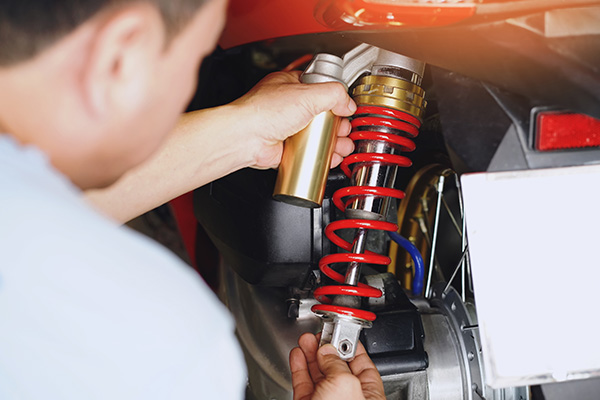
Your car's suspension system provides a smooth and comfortable ride and ensures optimal handling and stability on the road. However, like any other vehicle component, the suspension system wears and tears over time, leading to potential issues that may compromise your safety and driving experience. We'll explore five common signs that indicate your car's suspension needs attention. 1. Uneven Tire Wear One of the most noticeable signs of suspension problems is uneven tire wear. When your suspension system is out of alignment or experiencing issues, it can cause uneven pressure on your tires, leading to irregular tread wear patterns. Inspect your tires regularly for signs of uneven wear, such as bald spots, cupping, or excessive wear on one side of the tire. Addressing suspension issues can help prolong the life of your tires and improve ... read more
Posted on 4/27/2024
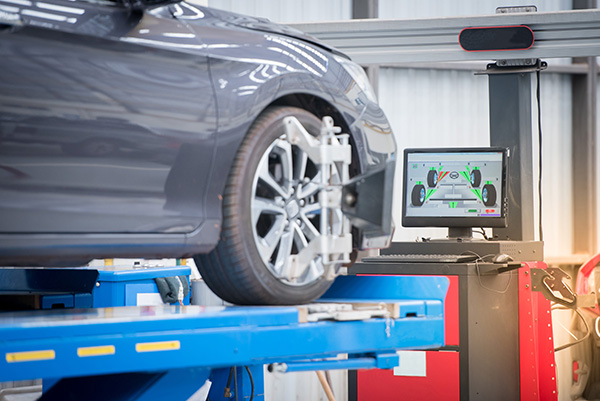
Have you ever noticed your car pulling to one side while driving straight or felt vibrations through the steering wheel? These could be signs that your vehicle needs a wheel alignment. But what exactly is wheel alignment, and how can you tell if your car needs it? Wheel Alignment Wheel alignment, also known as tire alignment, refers to adjusting the wheels' angles to ensure they are perpendicular to the ground and parallel to each other. Proper alignment is crucial for maintaining optimal vehicle handling, tire wear, and overall safety on the road. Signs Your Car Needs Wheel Alignment Uneven Tire Wear: Excessive wear on the inside or outside edges of the tires can indicate misalignment. Vehicle Pulling: If your car veers to one side without input from the steeri ... read more
Posted on 3/29/2024

Have you ever experienced the unsettling sensation of your car shaking while driving at higher speeds or accelerating? It's not only inconvenient but also potentially dangerous - here is why: Why Is the Shaking Sensation Present? When your car shakes while driving fast or accelerating, it's typically a sign of underlying mechanical problems or imbalances within the vehicle's systems. Depending on the severity of the issue, the shaking sensation may vary in intensity, from subtle vibrations to more pronounced jolts. Possible Causes of Car Shaking Wheel Alignment Issues Misaligned wheels can cause your car to shake, especially at higher speeds. When the wheels are not properly aligned, they can create uneven tire wear and instability, leading to vibrations felt through the steering wheel and chassis. Tire Imbalances or Damage Uneven tire wear, tire imbalances, or damaged tires can also contribute to shaking while driving. Tires that ar ... read more